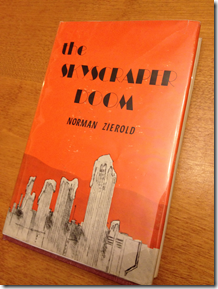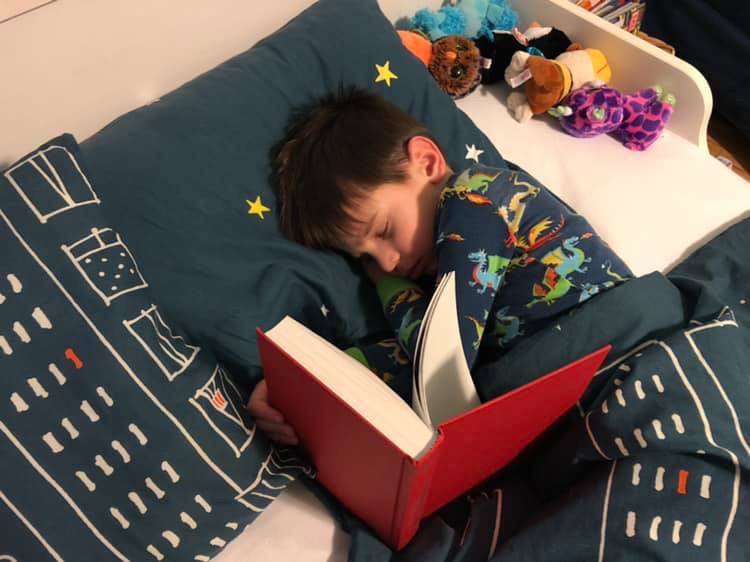I was so angry at my wife, and then I wasn't.
/I was speaking at an event a few months ago. A fairly prestigious event.
I wasn’t wearing a tie, and I was still wearing jeans and sneakers, but I'd put a jacket on over my tee shirt, so you know it was a big deal.
Just prior to taking the stage, the speaker before me said some things that I really didn’t like. He said some things that Elysha Dicks - who was sitting beside me - really didn’t like, either. He said some things that I suspect a lot of people in the room really didn’t like.
Not only were his opinions offensive and wrongheaded, but worse, rather than praising, he was punching.
Rather than expressing support for an institution by highlighting it’s benefits, successes, and esteemed record, he was attacking an adjacent institution that both didn’t deserved to be attacked and also wasn’t represented by anyone that night who could defend it.
It was a sucky, stupid, cowardly thing to do.
I was seething.
Then Elysha took my hand and whispered, “Don’t.”
That was all she said, but I knew exactly what she meant. Even though I had a prepared speech with stories to tell and a message to be delivered, she knew full well how simple it would be for me to reshape my talk onstage in order to either defend an institution in need of defense or - even better - attack this man for his stupidity and cowardice.
In fact, I could probably still do my assigned job very well while also blasting this terrible man and his terrible thoughts.
It would be easy.
I could switch stories. Reframe moments. Insert new lines or anecdotes. Lean stories in a certain direction. Alter my between-story banter. As a speaker, I’m flexible enough to be able to change things on the fly without much effort and still be effective.
I do it all the time. The audience would never even know that I was changing my speech. I could still sound just as prepared as I would be if I was sticking to my prepared remarks.
I could both perform my job at a high level while simultaneously making it clear to this man how stupid, nearsighted, and unfair his remarks had been.
And I was angry at Elysha for thinking that I would ever do such a thing.
This was a prestigious event, celebrating an institution deserving of many accolades. An institution that I greatly respected. I was honored to be speaking. Thrilled with the opportunity to entertain and sing the praises of this worthy place and the people who make it possible.
Did she really think I would dishonor these people by turning my speech into an assault on the previous speaker? Did she really think I was that selfish and stupid?
I was so angry. For about three seconds.
Then I realized:
She knows I could do it. She knows I’m perfectly capable to verbally assaulting this man while still getting the job done. I might even be able to do so in such a way that only he would know what I was doing. She believes in me.
She knows that I’m also the kind of guy who might just do it. She doesn’t think of me as some staid, perpetually appropriate, middle-of-the-road guy. She knows I have the courage and integrity to stand up for the little guy, even when the moment might not be right. She thinks I’m a rebel.
She’s not entirely wrong. While tonight might be too prestigious and too important to go on the offensive, there are other times when I absolutely would.
In short, Elysha knows me. Believes in me. Even protects me from myself when she thinks it might be needed.
My anger was gone. I was joyous. Ebullient. Filled with appreciation and love.
Later, she stopped me from writing to this stupid man, explaining that my time is too valuable to waste my thoughts on surely deaf ears.
She was right about that, too.
I’m a very lucky man.



















